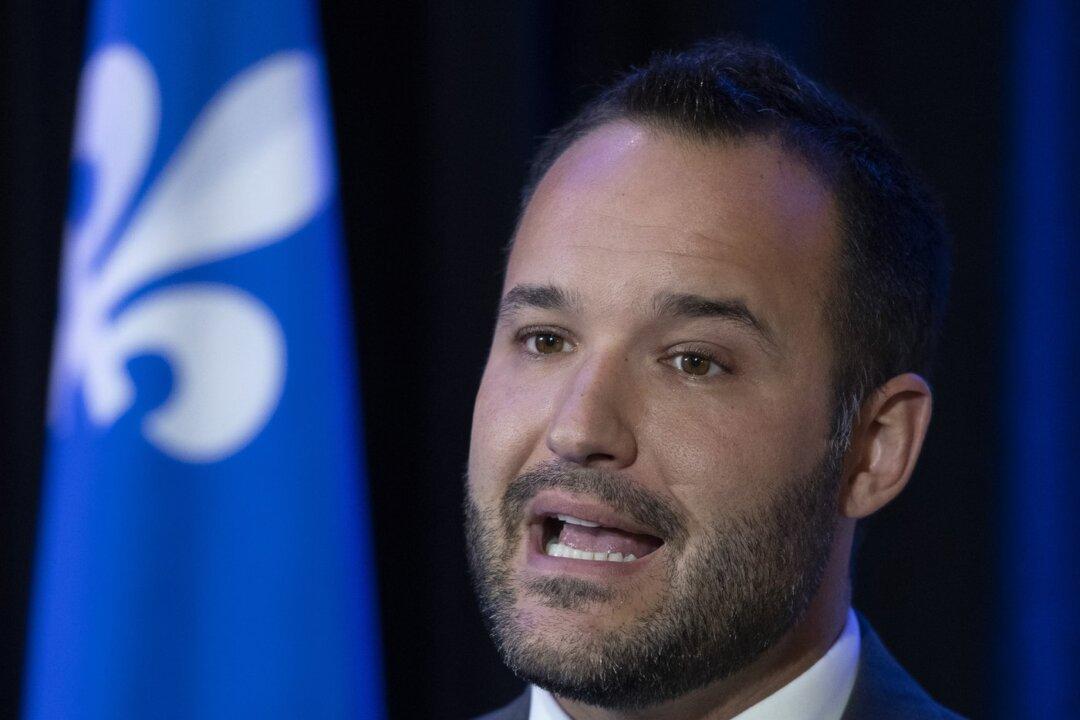Quebec’s official election campaign isn’t expected to start for at least another week, but the province’s governing party has already made billions of dollars in promises.
Families Minister Mathieu Lacombe told reporters Friday that if the Coalition Avenir Québec is re-elected it would spend $1.4 billion over five years to convert more than 56,000 unsubsidized daycare spots into subsidized spaces.





